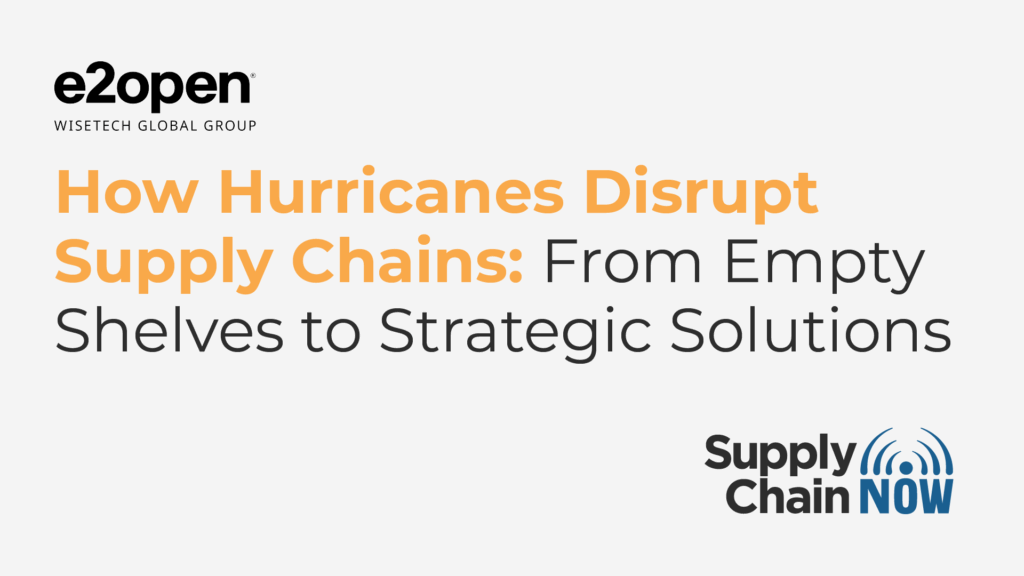
More

Startups
December 17, 2024
Small Companies, Big Impacts: Three Supply Chain Startups to Know
Supply chain technology is a hot commodity. Venture capital investments in supply chain tech and technology-based logistics companies have totaled an estimated $15.4 billion in 2024, and more than 150 supply chain startups have been acquired in the last two years as logistics companies work to leverage cutting-edge technology to improve their services. According to a Kearney report, the biggest capital infusions have been in delivery technology, warehouse automation, and supply chain digitization and artificial intelligence (AI), and the investments are paying off. “Quite simply, the more you invest, the better you get at monetizing breakthrough innovation.” Freight brokerages, in particular, are looking to technology to help set them apart – or stay in business. Brush Pass Research reported there are 17.5% fewer active freight brokerages today than there were two years ago. Three Supply Chain Startups to Know StartUs Insights identified the top nine supply chain innovations and trends for 2025: AI Internet of Things (IoT) Flexible supply chains Big data and analytics Robotics Supply chain sustainability Supply chain traceability Last-mile delivery Cybersecurity “The supply chain has several variables that hinder its efficiency, including globalization, government regulations, pandemics, international transportation costs, increasing competition, and more,” StartUs said of…

audit
September 23, 2025
How Hurricanes Disrupt Supply Chains: From Empty Shelves to Strategic Solutions
Special Guest Blog Post written by Jeff Eckel, Director of Product Marketing, e2open “Dad, why are they out of my favorite cereal?” your 10-year-old asks you at the grocery store, noticing that their favorite breakfast food is missing. The answer is more complex than they could imagine – hurricanes don’t just bring bad weather; they create far-reaching supply chain disruptions that affect everything from food to toys. Each hurricane season often brings catastrophic floods and wind damage. While communities will rebuild after the devastation, supply chains – the force behind keeping stores stocked – also experience powerful shocks beyond the storms’ path. The ripple effect of hurricanes across global trade The impact extends well beyond the immediate devastation. Critical port hubs for global trade close as hurricanes batter coastal regions. Cargo ships carrying essential goods like food, medical supplies, and consumer products must reroute or anchor offshore, waiting for storms to pass. This creates massive supply chain delays. Ports with backlogs of ships trying to dock and unload. Over-the-road and rail transportation networks face fallen trees, flooded roads, and damaged infrastructure that make movement difficult. Inland distribution centers face pressure Inland distribution centers – strategically located hubs where goods…
